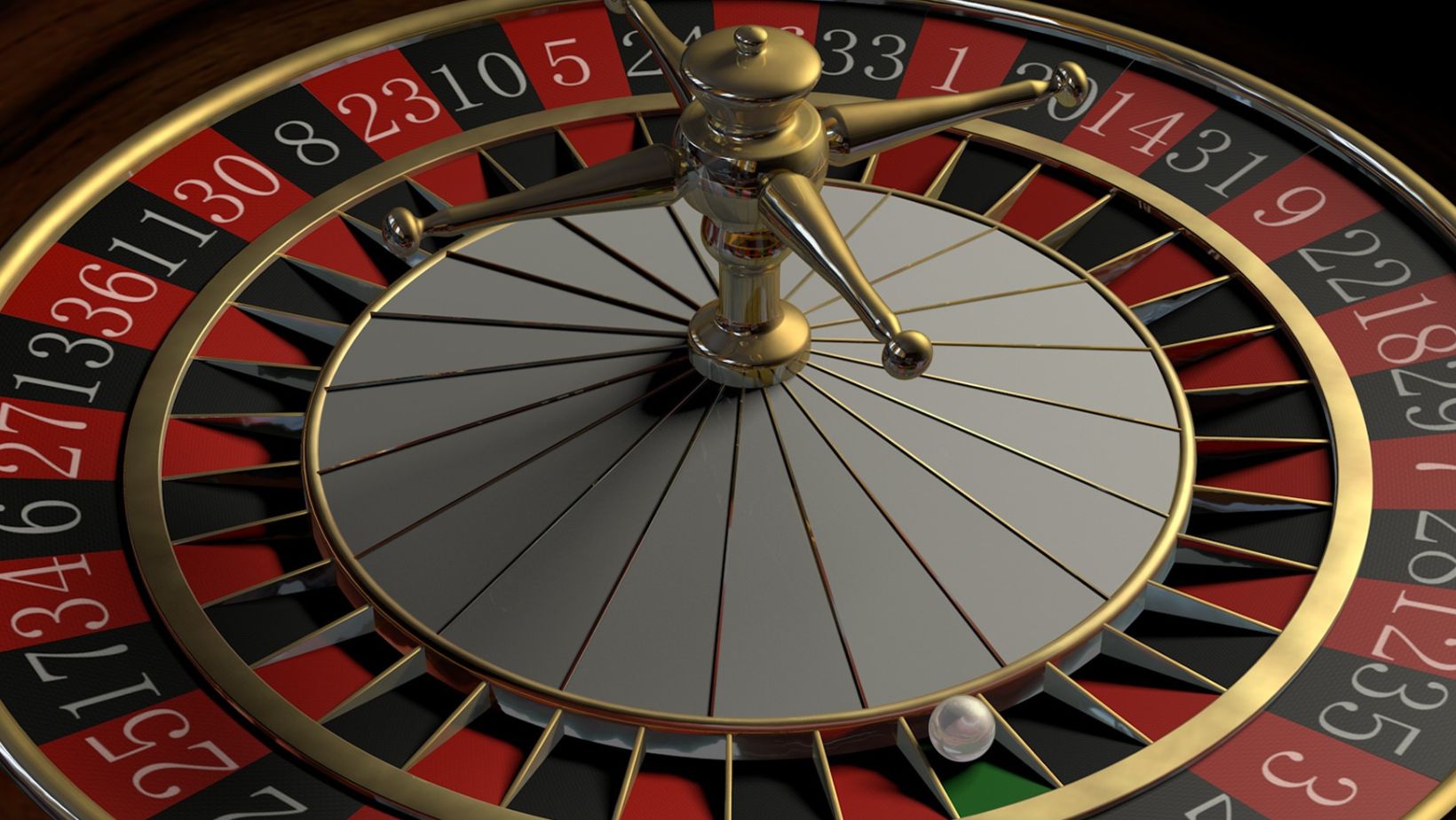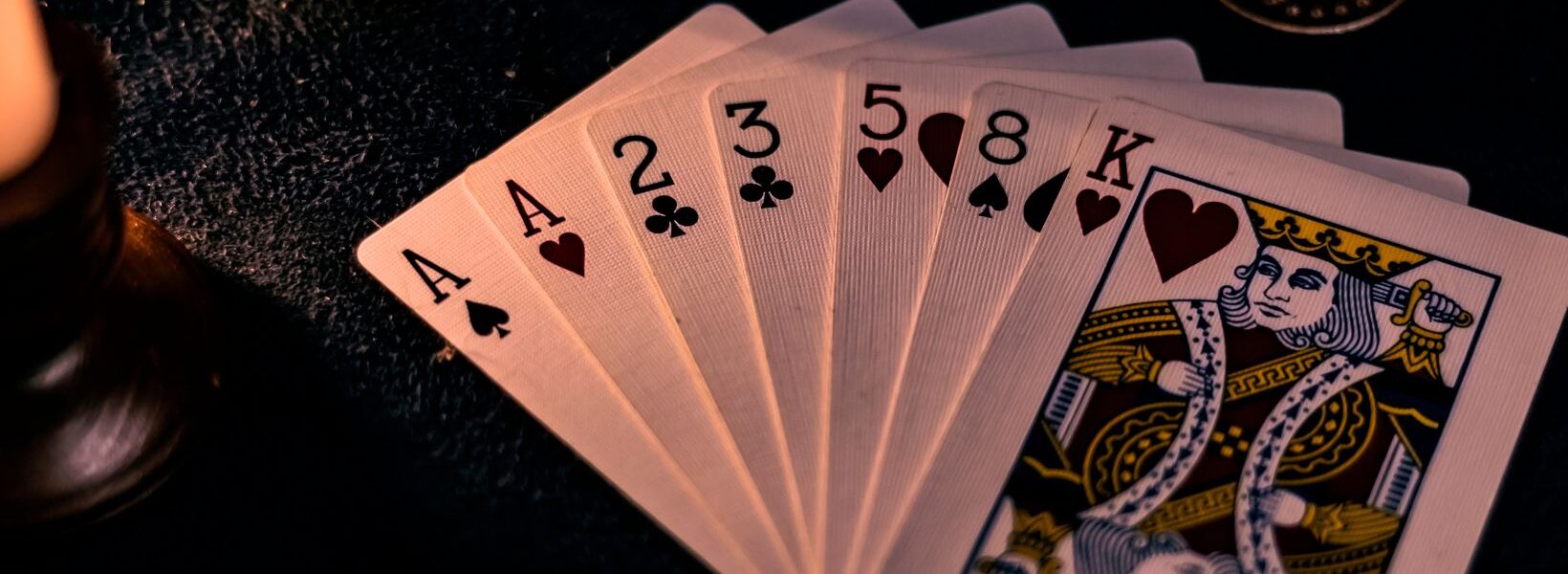Meta Title: What I Wish I Knew About Gambling When I Started
Meta Description: If I could go back and give my 21-year-old self gambling advice, this is exactly what I’d say. It would have saved years of mistakes.
I started gambling at 21 in a riverboat casino in Louisiana. Twenty-dollar bills burning a hole in my pocket, convinced I had beginner’s luck on my side.
If I could go back and sit next to that kid, here’s exactly what I’d tell him. Not the generic “gamble responsibly” stuff everyone ignores, but the real advice that would have saved me years of expensive mistakes.
Looking back, I also wish I’d known about platforms that prioritize responsible gaming from the start. casino Goldex—it operates with German localization and offers a structured welcome package up to €38,000 across four deposits, plus comprehensive VIP programs with 10 levels—the kind of transparent, regulated approach that helps new players understand what they’re getting into rather than just diving in blindly.
Your Emotions Are the Real Enemy
At 21, I thought the casino was trying to take my money through rigged games or bad odds. I was wrong. They take your money by manipulating your emotions.
Every casino decision—from the carpet color to the drink prices—is designed to put you in a specific emotional state. Excited enough to bet bigger, relaxed enough to stay longer, confused enough to make poor decisions.
The games themselves are almost secondary. The real game is psychological.
What I should have known: Never gamble when you’re emotional about anything—good or bad. Wait until you feel completely neutral.
Start Small and Stay Small Way Longer
I jumped from $5 bets to $25 bets within my first month. Felt like a natural progression. Why play small when you could win big?
This was a disaster. Higher bets didn’t make me a better player—they just made my mistakes more expensive.
I should have stayed at $5 bets for at least six months. Long enough to actually understand how the games worked, how my emotions affected my decisions, and what my real risk tolerance was.
The rule I wish I’d followed: Only increase your bet size after you’ve had 20 profitable sessions at your current level.
Track Everything From Day One
I didn’t track my gambling for the first two years. I told myself I was “about even” overall, maybe slightly ahead.
When I finally started keeping records, I discovered I was down almost $3,000. My memory had completely rewritten history, focusing on wins and forgetting losses.
Simple tracking system: Date, game, time played, amount in, amount out, net result. Keep it in your phone. Update it immediately after every session.
Bonuses Are Usually Traps
Every casino pushed bonuses at me. Match bonuses, free play, comps, reward points. They made it sound like free money.
I spent my first year chasing bonuses and probably lost an extra $1,500 because of them. The wagering requirements forced me to play longer, bet more, and try games I didn’t understand.
Better approach: Ignore all bonuses for your first year. Play only with your own money on games you choose. Bonuses add complexity when you need simplicity.
Set Time Limits, Not Just Money Limits
Everyone told me to set loss limits. Nobody mentioned time limits.
I’d set a $100 loss limit, but play for four hours, slowly bleeding money through small losses and bad decisions. Even when I stayed within my loss limit, I was training my brain to associate gambling with long periods of focus and excitement.
 Better system: 90-minute maximum sessions. Period. Win or lose, you stop. This prevents mental fatigue and addictive behavior patterns.
Better system: 90-minute maximum sessions. Period. Win or lose, you stop. This prevents mental fatigue and addictive behavior patterns.
For players wanting to practice time management without financial pressure, exploring new slots 2025 releases in demo mode helps you understand how quickly time passes during different game types.
The House Edge Is Real Math, Not a Suggestion
At 21, I understood house edge intellectually but not practically. I knew the casino had an advantage, but I thought I could overcome it with luck or skill in the short term.
The house edge isn’t something that might affect you—it’s a mathematical certainty that will affect you. Over time, you will lose money. The only questions are how much and how fast.
This changes everything: You’re not gambling to make money. You’re paying for entertainment. Budget accordingly.
Don’t Gamble to Solve Problems
I started using gambling to deal with boredom, stress, loneliness, and financial problems. This turned occasional entertainment into a coping mechanism.
Gambling should only happen when you have nothing else you need from it. Not when you’re bored, not when you’re stressed, not when you need money.
The test: If gambling is your solution to any non-gambling problem, don’t gamble.
The Real Lesson
If 21-year-old me could only learn one thing, it would be this: gambling is entertainment that costs money, not an investment that might pay off.
Once you truly accept that every dollar you gamble is gone forever, you start making completely different decisions. Better games, smaller bets, shorter sessions, clearer thinking.
The casino isn’t your enemy trying to steal from you. It’s a business selling you an experience. Whether that experience is worth the price is entirely up to you.





